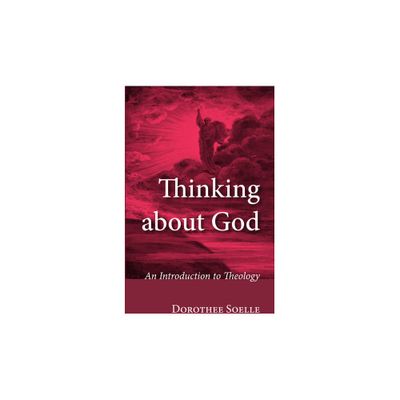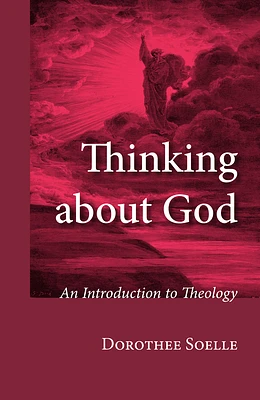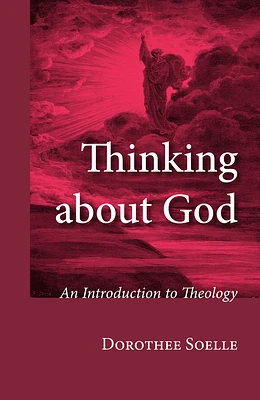Home
Thinking about Contradictions: The Imaginary Logic of Nikolai Aleksandrovich Vasil'ev
Loading Inventory...
Barnes and Noble
Thinking about Contradictions: The Imaginary Logic of Nikolai Aleksandrovich Vasil'ev
Current price: $99.99


Barnes and Noble
Thinking about Contradictions: The Imaginary Logic of Nikolai Aleksandrovich Vasil'ev
Current price: $99.99
Loading Inventory...
Size: Hardcover
*Product Information may vary - to confirm product availability, pricing, and additional information please contact Barnes and Noble
This volume examines the entire logical and philosophical production of Nicolai A. Vasil’ev, studying his life and activities as a historian and man of letters. Readers will gain a comprehensive understanding of this influential Russian logician, philosopher, psychologist, and poet.
The author frames Vasil’ev’s work within its historical and cultural context. He takes into consideration both the situation of logic in Russia and the state of logic in Western Europe, from the end of the 19th century to the beginning of the 20th.
Following this, the book considers the attempts to develop non-Aristotelian logics or ideas that present affinities with imaginary logic. It then looks at the contribution of traditional logic in elaborating non-classical ideas. This logic allows the author to deal with incomplete objects just as imaginary logic does with contradictory ones. Both logics are objects of interesting analysis by modern researchers.
This volume will appeal to graduate students and scholars interested not only in Vasil’ev’s work, but also in the history of non-classical logics.
The author frames Vasil’ev’s work within its historical and cultural context. He takes into consideration both the situation of logic in Russia and the state of logic in Western Europe, from the end of the 19th century to the beginning of the 20th.
Following this, the book considers the attempts to develop non-Aristotelian logics or ideas that present affinities with imaginary logic. It then looks at the contribution of traditional logic in elaborating non-classical ideas. This logic allows the author to deal with incomplete objects just as imaginary logic does with contradictory ones. Both logics are objects of interesting analysis by modern researchers.
This volume will appeal to graduate students and scholars interested not only in Vasil’ev’s work, but also in the history of non-classical logics.


















